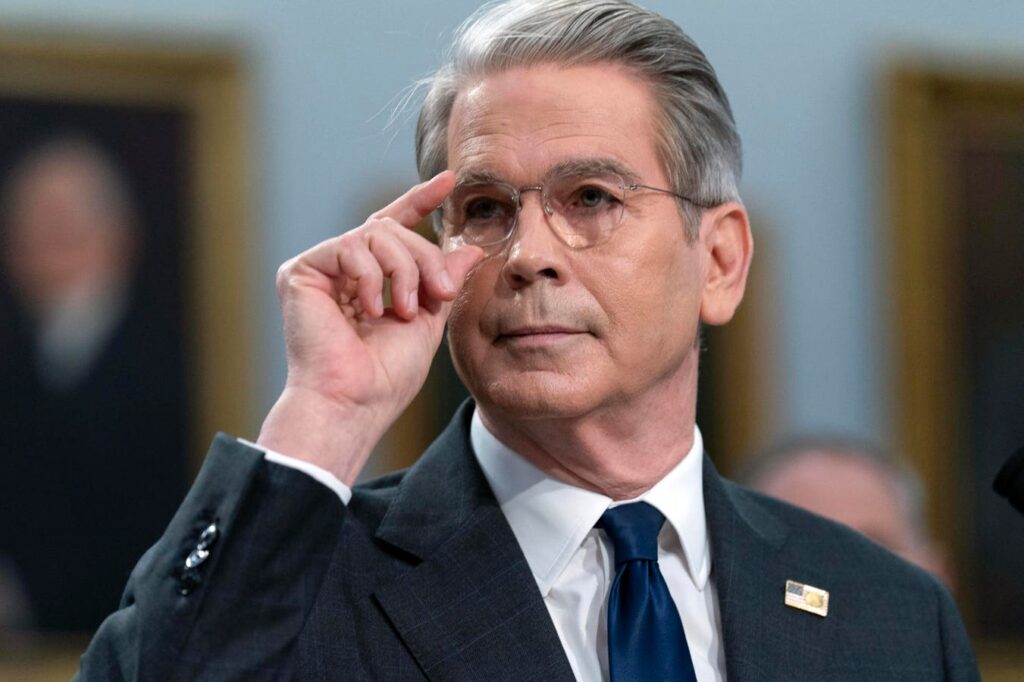China and the U.S. moved quickly to de-escalate trade tensions as the economic pain started to mount, with most tit-for-tat tariffs on each other’s products suspended following weekend negotiations in Switzerland.
The 145% levies imposed on Chinese imports will be reduced to 30% for most of the country’s goods for the next 90 days, according to a U.S. government statement. China will lower its 125% duties on U.S. products to 10% for the same period, according to the official Xinhua News Agency.
“We are in agreement that neither side wants to decouple,” U.S. Treasury Secretary Scott Bessent was quoted as saying in Geneva.
Many stocks rallied on the news, with technology-related shares leading the gains. Chinese e-commerce giant Alibaba’s Hong Kong-listed shares jumped over 6% in Monday afternoon trading. Chinese gaming and social behemoth Tencent was up almost 5% in the Asian financial hub. Electric vehicle maker Xpeng’s Hong Kong-listed shares soared over 10%.
The outcome of the Geneva meeting exceeded most expectations, Guo Shan, a Shanghai-based partner at Hutong Research, says by WeChat. While longstanding rivalry between the world’s two largest economies has led investors to expect a long and difficult negotiation process, today’s outcome suggests that the U.S. blinked due to the economic pain inflicted, she says.
The Donald Trump administration is facing intense pressure from Wall Street as markets have gyrated through the tit-for-tat tariff war. U.S. corporate giants have warned about soon-to-be-empty store shelves as they pause orders from China due to tariff uncertainties.
China has little to gain from the trade tensions either, Shen Meng, a Beijing-based managing director of boutique investment bank Chanson& Co., says by WeChat. A trade war with the U.S. threatens to cause as much as 15.8 million job losses and will almost certainly derail the government’s ambitious economic growth target of around 5% for this year.
“Each side faces huge internal pressures,” he says. “It isn’t totally unexpected that China and the U.S. wanted to rush to a deal.”
Read the full article here











